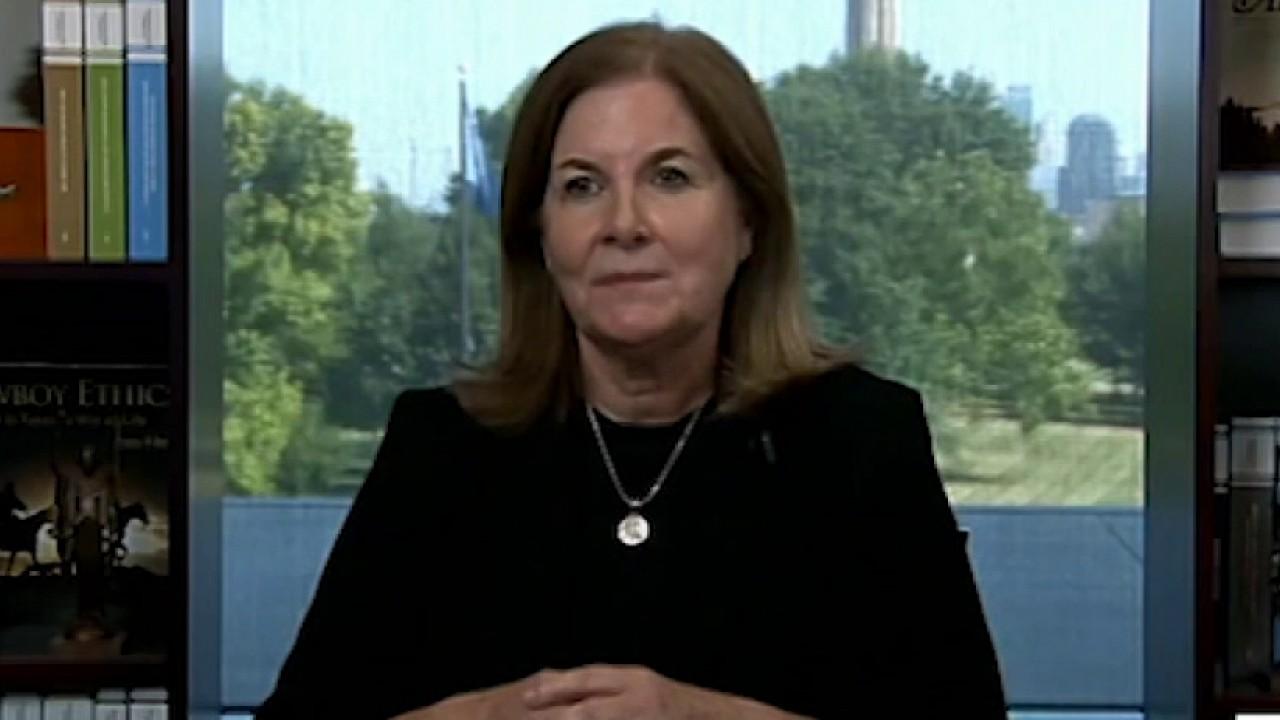Low unemployment doesn't warrant higher interest rates, Fed's Clarida says
Clarida also called Fed's new policy an 'important milestone' for the US
The Federal Reserve will not raise interest rates just because the nation's unemployment rate is falling, a "robust" change in monetary policy, the U.S. central bank's vice chairman said Monday.
“A low unemployment rate by itself, in the absence of evidence that price inflation is running or is likely to run persistently above mandate-consistent levels or pressing financial stability concerns, will not, under our new framework, be a sufficient trigger for policy action,” Richard Clarida said in prepared remarks for a presentation Monday.
FED TWEAKS STRATEGY IN NOD TO RECORD-LOW INTEREST RATES
Clarida’s comments come on the heels of a Fed announcement last week of a new strategy that will keep the benchmark federal funds rate near zero, even after inflation has surpassed its 2% target.
Chairman Jerome Powell outlined the new initiatives during a virtual gathering of global central bankers and top economists, which is typically held in Jackson Hole, Wyoming.
According to the new rule, "following periods when inflation has been running persistently below 2%, appropriate monetary policy will likely aim to achieve inflation moderately above 2% for some time.”
FED'S POWELL SAYS US ECONOMY MAY NEED MORE POLICY HELP TO AVOID 'PROLONGED' RECESSION
The purpose is to help the nation achieve full employment; in the past, the central bank would hike interest rates when unemployment fell because it assumed inflation, once one of the biggest threats to the economy, was rising.
Clarida called the new policy an "important milestone" for the U.S.
“My colleagues and I believe that this new framework represents a critical and robust evolution of our monetary policy strategy that will best equip the Federal Reserve to achieve our dual-mandate objectives on a sustained basis in the world in which we conduct policy today and for the foreseeable future," he said.
The changes come at a perilous time for the U.S. economy, which is facing the worst downturn since the Great Depression. Unemployment is still hovering around double-digits, and roughly 1 million Americans are applying for jobless aid each week.




















